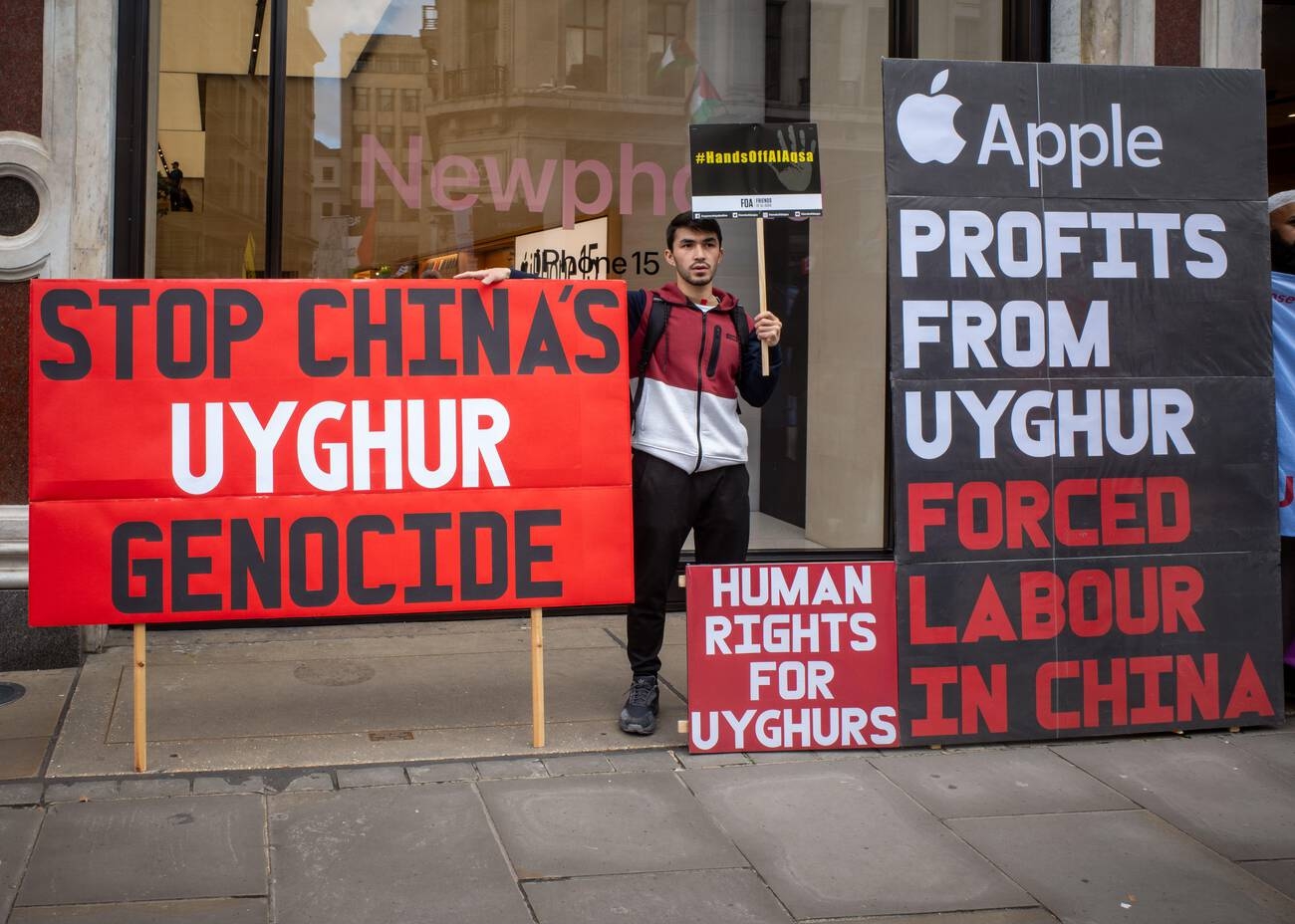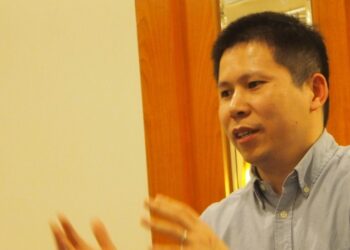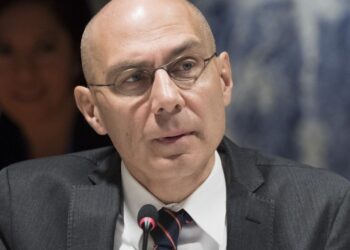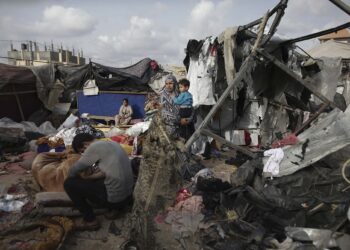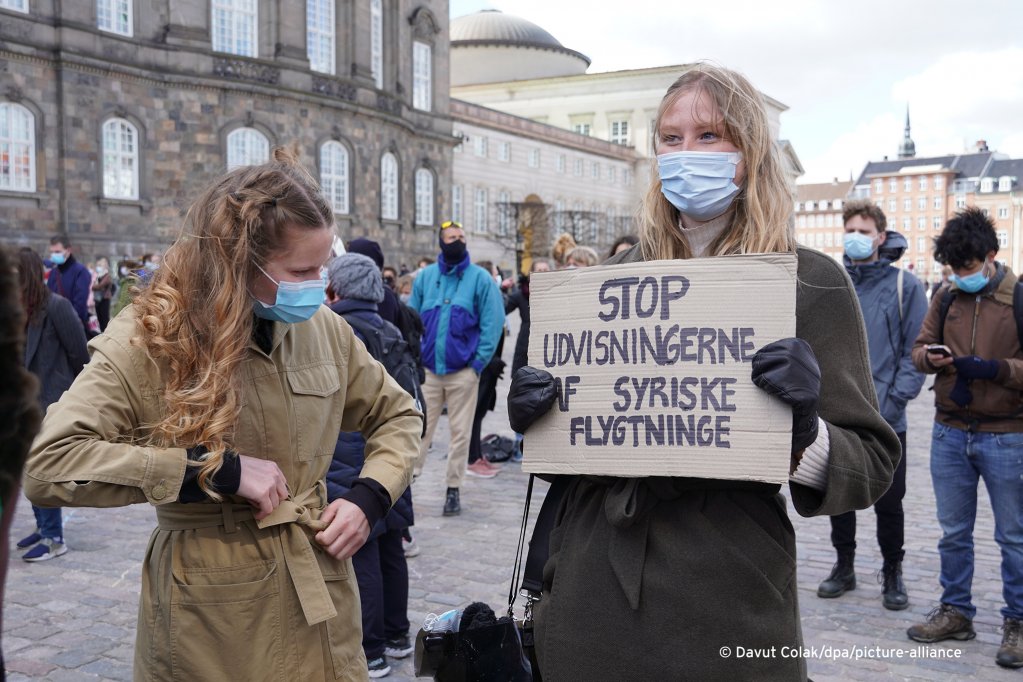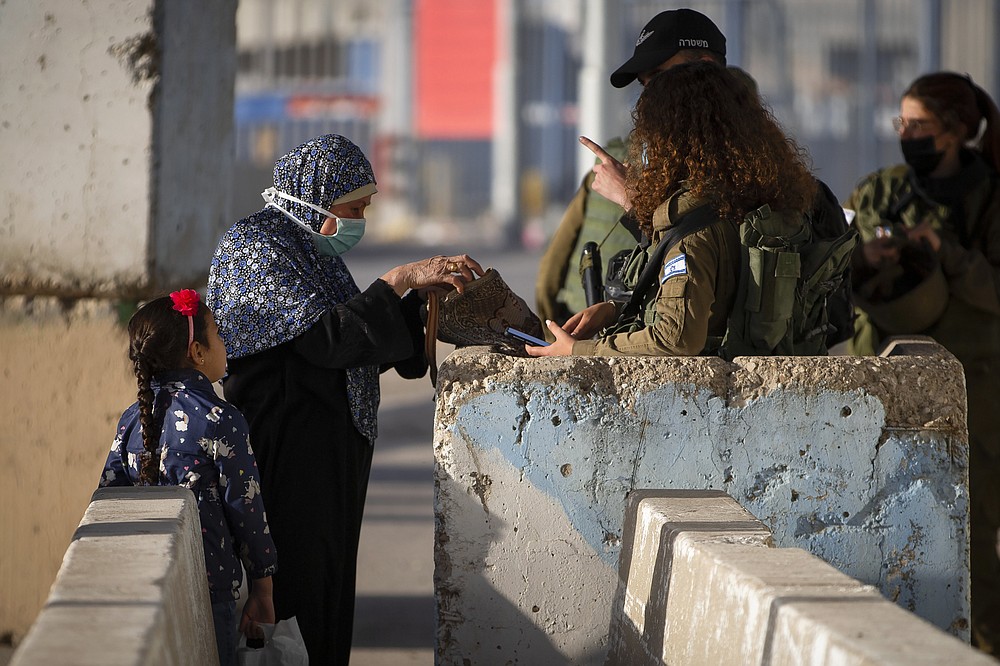Human Lives Human Rights: The Human Rights Council convened an intersessional panel discussion to mark the 15th anniversary of the responsibility to protect populations from genocide, war crimes, ethnic cleansing and crimes against humanity.
The panel discussion was moderated by the Deputy Executive Director of the Global Centre for the Responsibility to Protect, Savita Pawnday, with the participation of the Chair of the National Human Rights Council of Morocoo, Amina Bouayach, the Rapporteur of the Committee on the Elimination of Racial Discrimination and former Special Rapporteur on minority issues, Rita Izsák-Ndiaye, and Director of the Coordinadora Regional de
Investigaciones Económicas y Sociales, Andrei Serbin Pont.
Participants of the panel discussion pointed out the link between human rights violations and atrocity crimes, insisting on the importance of preventing violations at an early stage to avoid escalation into atrocity.
They also emphasized that no society was immune to atrocity crimes and therefore insisted that the
responsibility to protect should be made a priority at the national level.
In line with the 2005 World Summit Outcome, participants recalled the primary responsibility of States in preventing atrocities.
They mentioned the appointment of national focal points on the responsibility to protect, the adoption of national action plans for atrocity prevention, regular national risk assessments and measures to counter hate speech among possible practices to prevent atrocity crimes at the national level.
Members of the panel discussion also highlighted the deterrent effect of accountability measures and other guarantees of non-recurrence – from truth and reconciliation initiatives to human rights education and memorialization.
They also underscored the key roles of open and vibrant civic spaces and meaningful and inclusive public and civil society participation in preventing atrocity crimes, and stressed the importance of the Human Rights Council mechanisms, as well as of national human rights institutions.
The United Nations Special Envoy of the Foreign Minister of Qatar for counter-terrorism and mediation of conflict, Mutlaq bin Majed Al-Qahtani, delivered opening statements.
In her speech, the High Commissioner stressed that the best form of protection was prevention. Protecting people from genocide, war crimes, ethnic cleansing and crimes against humanity was, first and foremost, about preventing such crimes.
To enable that to happen, the High Commissioner stressed that “operational prevention” to avert or de-escalate ongoing threats should be combined with deeper “structural prevention”, in order to reduce the long-
term likelihood of atrocities.
Ms. Bouayach highlighted the role of national human rights institutions in detecting early signs of atrocities through monitoring activities, reporting and follow-up of cases of violations with national authorities.
Ms. Izsák-Ndiaye noted how human rights mechanisms, through assessment, recommendations and guidance to Governments, contributed to mitigating the risk of atrocities.
Mr. Serbin Pont underlined the importance of the two first pillars of the responsibility to protect to prevent atrocities at the national level.
There were 112 participants at the panel discussion. Among them, representatives of 23 States and one regional organization took the floor, including the Netherlands on behalf of the Group of Friends of the Responsibility to Protect, Denmark on behalf of the steering group of the Global Network of the Responsibility to Protect Focal Points, followed by Argentina, Australia, Cameroon, China, Cuba, Germany, Ghana, Guatemala, Indonesia, Ireland, Liechtenstein, Mexico, Montenegro, the Netherlands, Peru, Slovenia, Switzerland, the Syrian Arab Republic, Ukraine, the United States of America and Uruguay, as well as the European Union.


